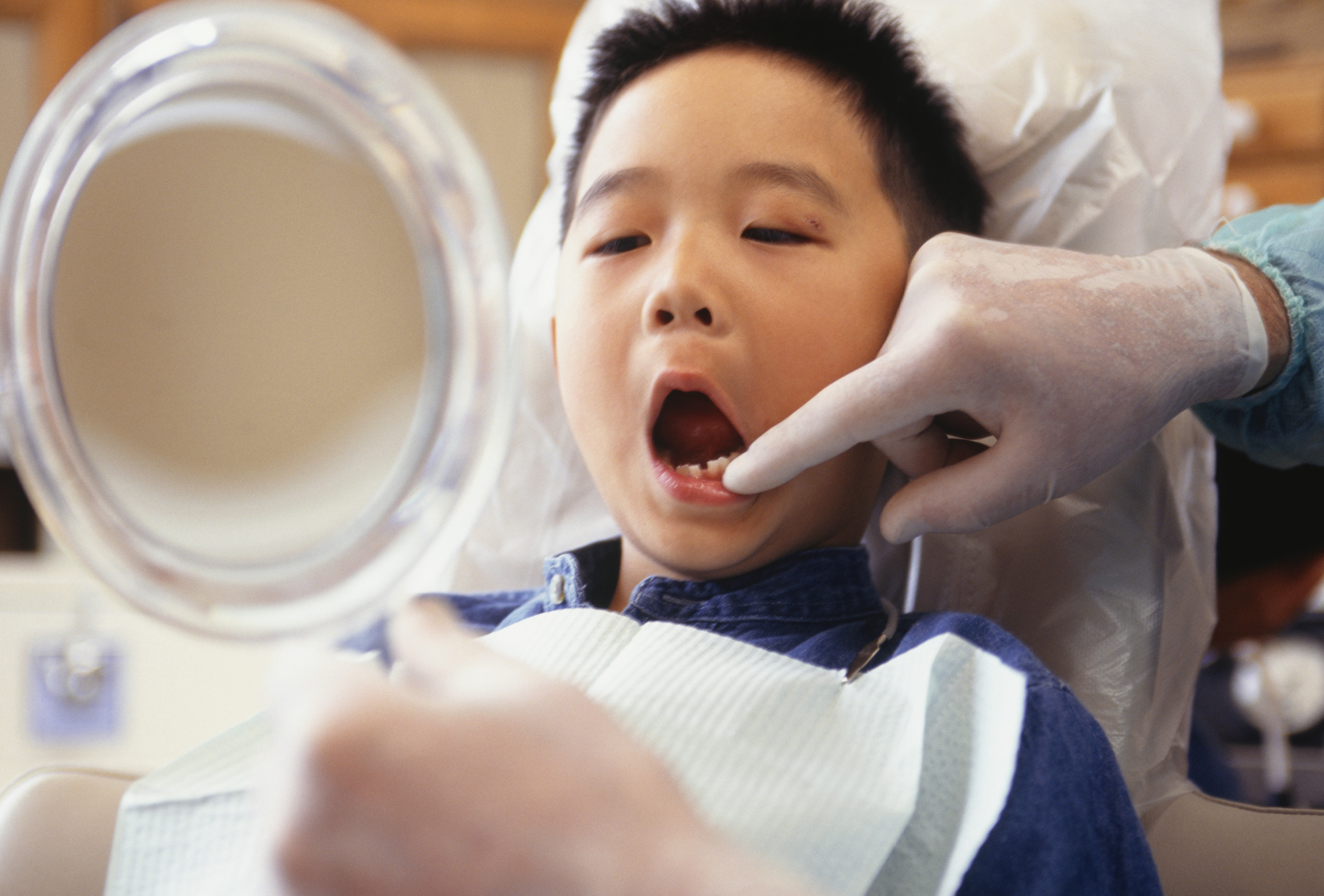 Most children in Head Start programs meet the requirement for having an oral exam within 90 days of enrollment in a program. However, some children do not receive follow-up oral health care when it is needed. Children’s primary teeth begin to be pushed out at about age 6 by the permanent teeth below them. If tooth decay in the primary teeth is not treated, the bacteria that cause tooth decay can spread to the permanent teeth as they come into the child’s mouth.
Most children in Head Start programs meet the requirement for having an oral exam within 90 days of enrollment in a program. However, some children do not receive follow-up oral health care when it is needed. Children’s primary teeth begin to be pushed out at about age 6 by the permanent teeth below them. If tooth decay in the primary teeth is not treated, the bacteria that cause tooth decay can spread to the permanent teeth as they come into the child’s mouth.
There are many reasons some families may not seek treatment for tooth decay in their child’s primary teeth. The most common reason shared by families is that primary teeth will fall out and it is not worth the cost to pay for treatment.
Tips and Strategies for Following Up on Oral Health Care
- Explore the reasons that the child has not received follow-up oral health care and offer to help the family resolve any barriers.
- Share information with families about the importance of follow-up care (e.g., host an ask-a-dentist or dental hygienist event at a parent meeting, arrange a field trip to a dental office, establish peer-led groups to address follow-up care issues).
- Obtain or arrange further diagnostic testing, examination, and treatment for each child with an observable, known, or suspected oral health problem.
- Make sure that children continue to follow the recommended treatment and recall schedule.
- Develop individualized oral health plans for children who have identified oral health care needs.
- Provide case management services if needed.
- Track all treatment and follow-up activities, including implementation of individualized oral health plans, in the established recordkeeping system.
- If your program covers oral health care costs, document all efforts made to obtain oral health insurance coverage or another method of payment for the child.
- Establish guidelines for using Head Start funds to pay for oral health care when alternative sources of funding are not available.
- Consult with your state dental hygienist liaison (DHL) for technical assistance on finding and facilitating needed treatment and follow-up care.
Read more:
Resource Type: Article
National Centers: Health, Behavioral Health, and Safety
Audience: Directors and Managers
Last Updated: October 30, 2023